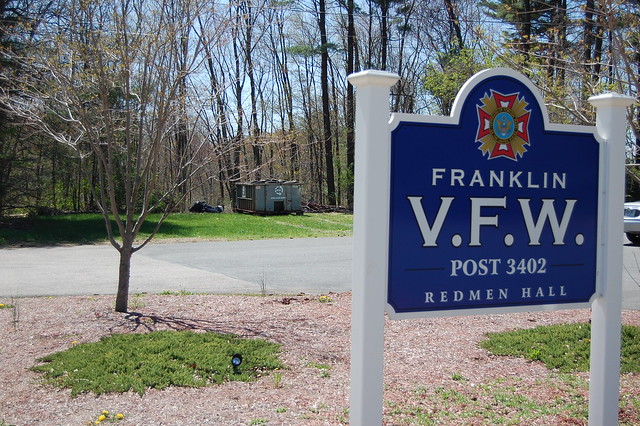The
Benjamin Franklin Classical Charter Public School and the
Franklin School for the Performing Arts have worked in collaboration to offer students in grades six through eight access to classes in Dance and Introduction to French Melodie, musical theater and opera. Both programs are offered to students on site at the Franklin School for the Performing Arts during the school’s Classical Arts Block period.
The Benjamin Franklin Classical Charter Public School’s Arts Block offers students a choice of 33 programs throughout the year, each of which has been designed to provide students with opportunity to gain exposure and experience with a specialized topic. The French Melodie class at FSPA builds upon students existing knowledge of the French language, culture and history, gained through French instruction, which commences in Kindergarten at BFCCPS. Dance is a beginner/intermediate jazz class that introduces basic dance vocabulary, technique and combinations; no prior dance experience is required for students to participate in the program.
Students will have the opportunity showcase the techniques that they have learned this trimester in a short morning program to be held at 11am on November 24, 2014 at
THE BLACK BOX, the newly opened home of the Franklin Performing Arts Company.
“We are incredibly fortunate to be able to offer these classes to our students thanks to the generous support of the staff at the Franklin School for the Performing Arts,” says Heather Zolnowski Head of School at the Benjamin Franklin Classical Charter Public School. “The staff at FSPA share our vision and dedication to provide classical arts and character education. This is a remarkable opportunity for our students.”
The Benjamin Franklin Classical Charter Public School has been in operation since 1995 and will celebrate its twentieth anniversary this spring. The school provides a well-rounded, rigorous academic program designed to educate the whole child. BFCCPS’s educational philosophy, which is centered around strong core academic subjects, as well as yearlong courses in art, music, languages, technology, and physical education, integrated character education and community service, and strong parent partnerships, has lead to local, state and national recognition.
If you'd like learn more about the educational mission of the Benjamin Franklin Classical Charter Public School, or if you have enrollment related questions please contact the school’s Marketing Coordinator, Joanne Basile at
jbasile@bfccps.org or 508-541-3434 x140. For more details
about the Franklin School for the Performing Arts, please contact Jackie Evans, Marketing and Public Relations at 508-528-8668 or
jevans@fspaonline.com.
About the Benjamin Franklin Charter School
The
Benjamin Franklin Classical Charter Public School’s mission is to assist parents in their role as primary educators of their children by providing students with a classical academic education coupled with sound character development and community service. Our mission is supported by four distinct, yet interconnected pillars that provide for a collaborative, rigorous education for all students. These pillars guide, direct and define the school in all it does.
About the Franklin School for the Performing Arts
Since 1985, the
Franklin School for the Performing Arts has been dedicated to the enjoyment of music, dance and drama for all ages and to the artistic growth and development of young people. Founded by Director Raye Lynn Mercer and built upon the notion that arts experiences are an integral part of a wellrounded education, FSPA provides a nurturing environment where students grow skills for the stage – and for life. With a distinguished faculty of Boston-area artists, expansive roster of classes and extensive calendar of wide-ranging performance opportunities, FSPA serves students of all ages and levels of ability, whether for recreational enjoyment or serious study.




